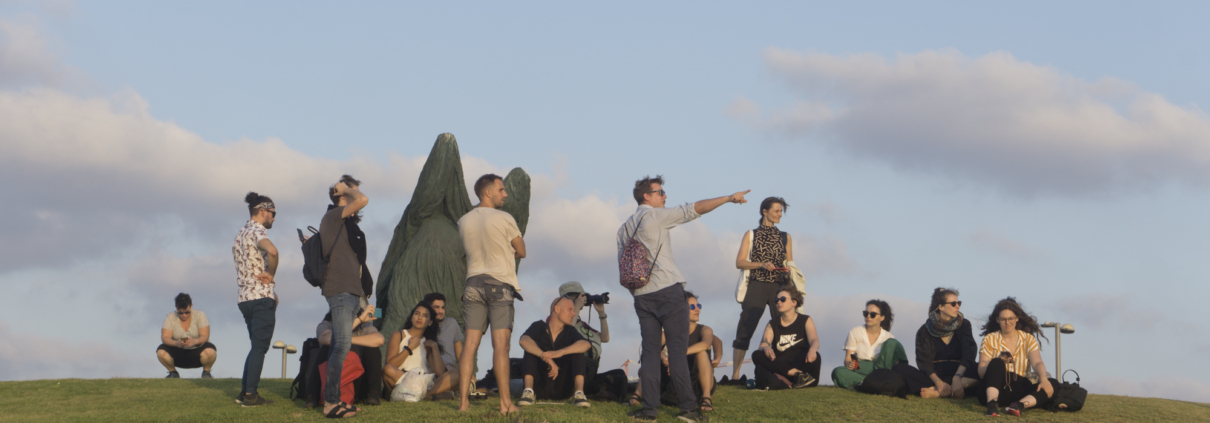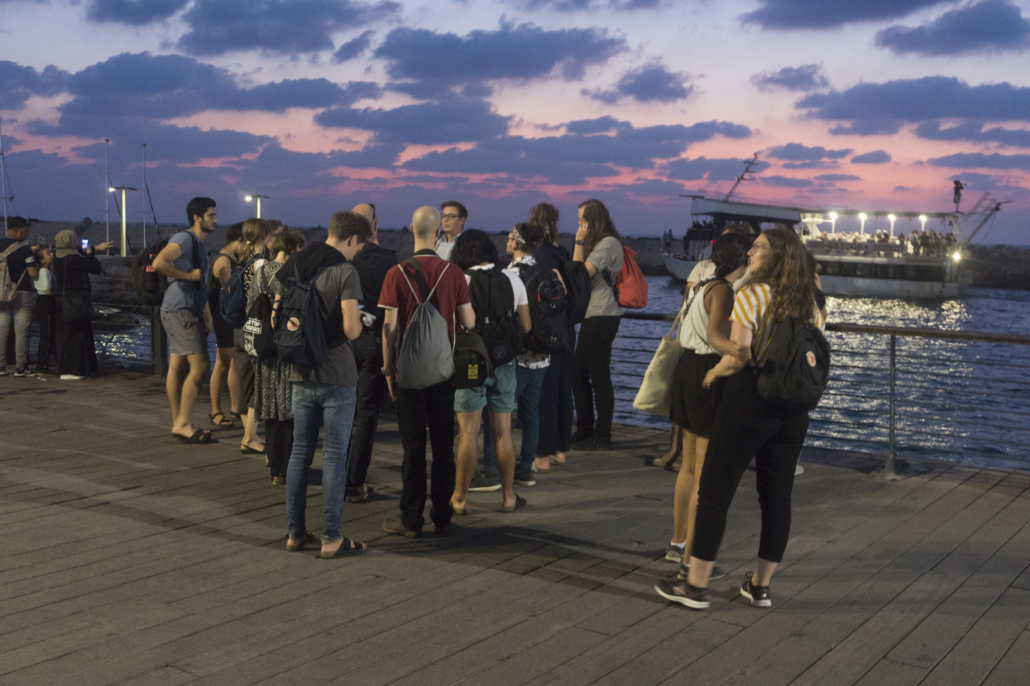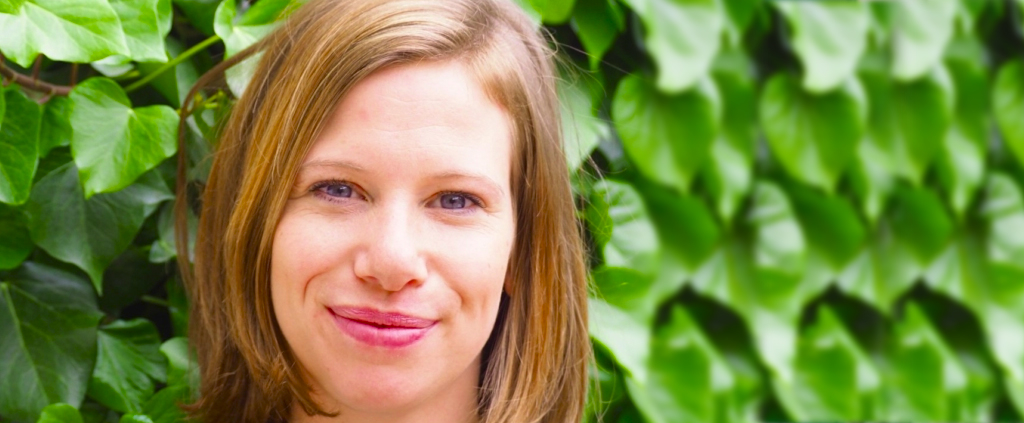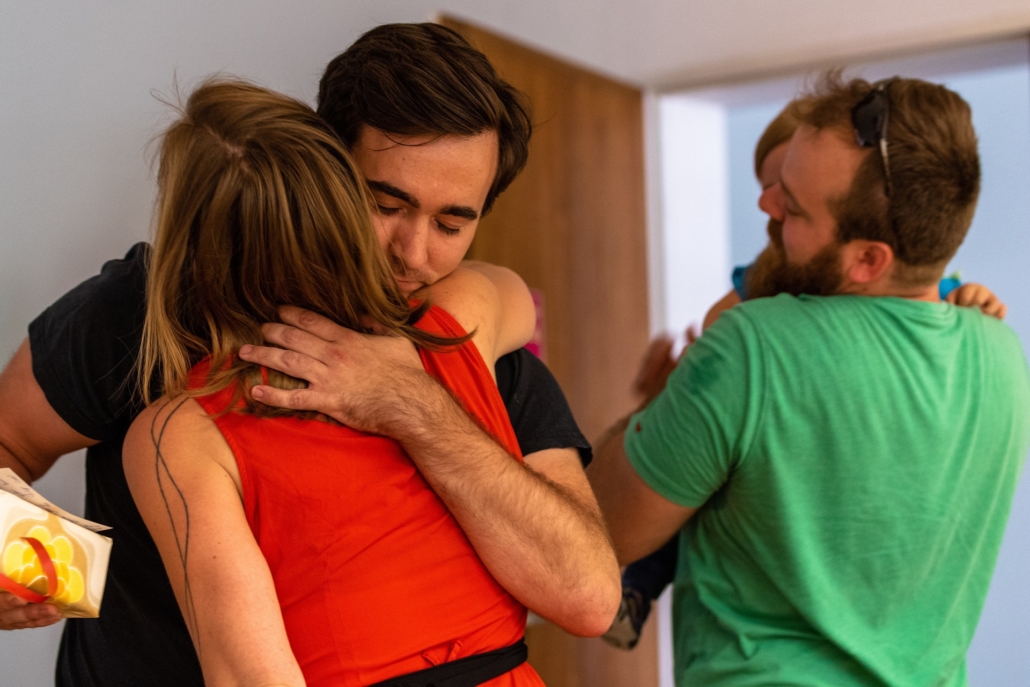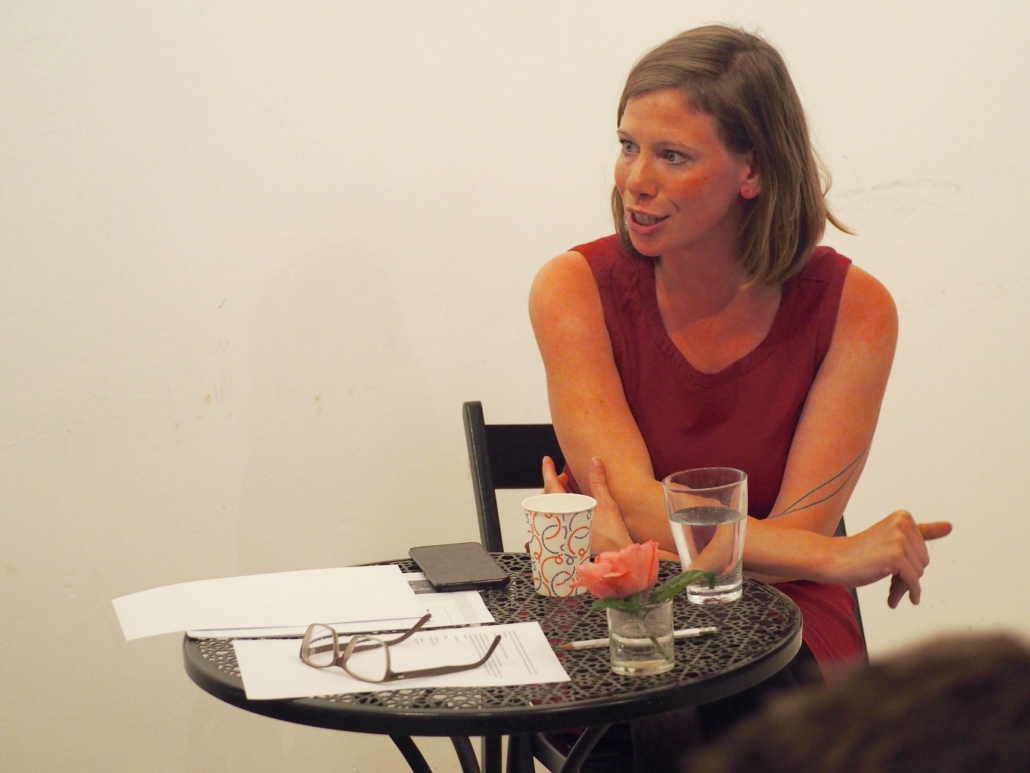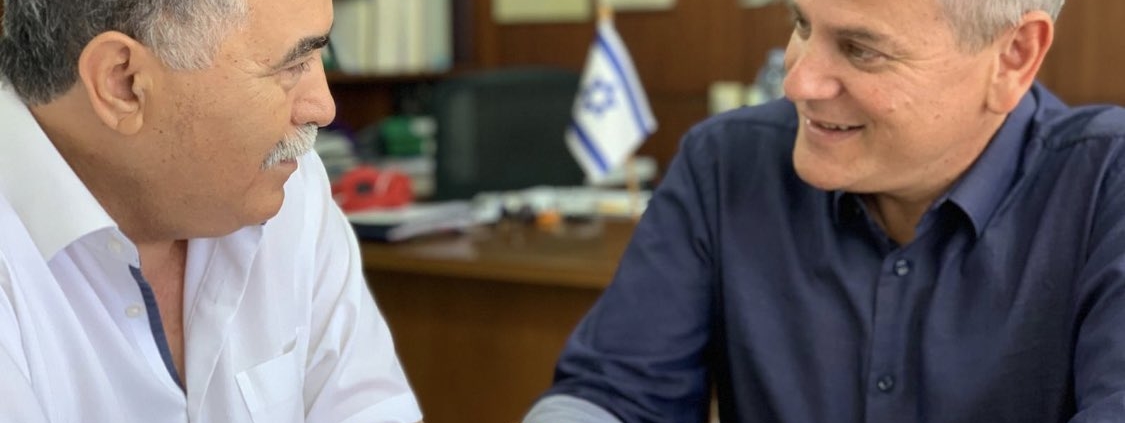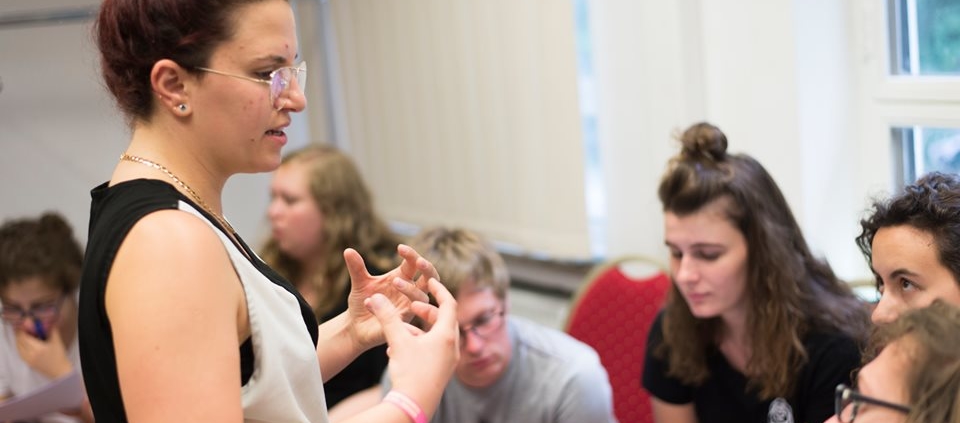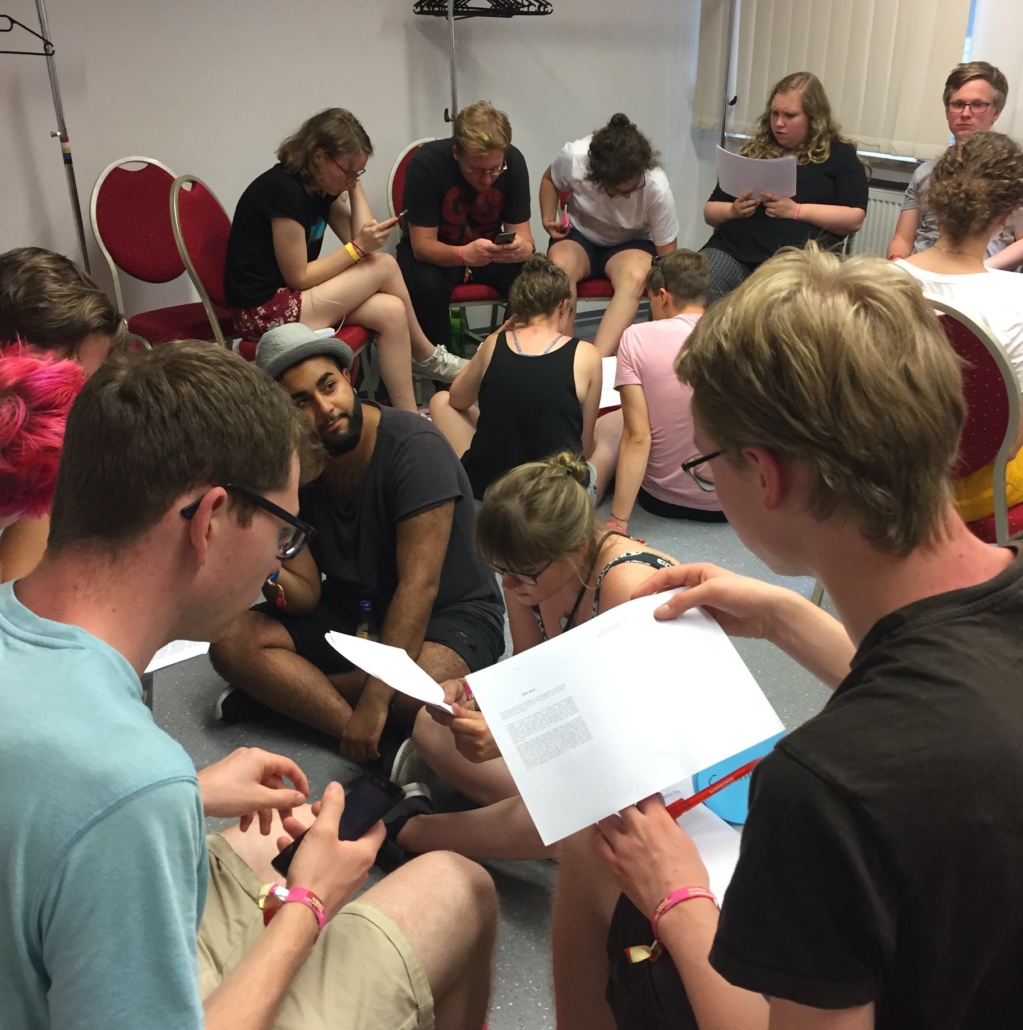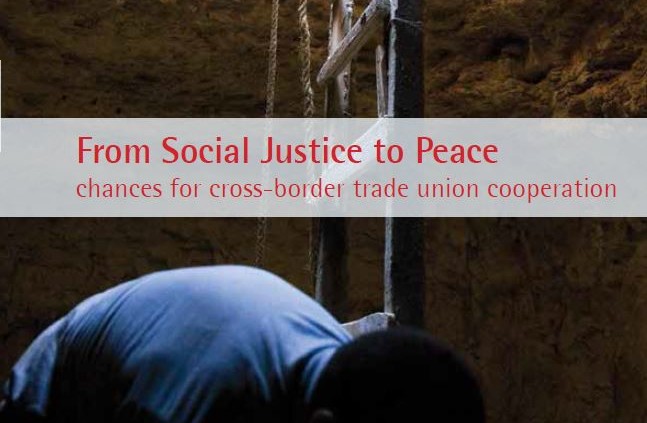Political Café “50 Years Chancellor Willy Brandt“ – October 17, 2019
October 2019 marked the 50th anniversary of the chancellorship of Willy Brandt. In the general election in September 1969, the SPD become the strongest party for the first time, and on October 21st Willy Brandt was elected as the fourth Chancellor of the Federal Republic Germany. Therefore, we dedicated a Political Café on October 17th with Kevin Kühnert, chairperson of Jusos (Young Socialists in the SPD), to look back at Willy Brandt’s Chancellorship. We further discussed the question of Willy Brandt’s policies and slogans’ relevance and usefulness for present times, and the cooperation of young political actors from Israel, Palestine and Germany within the framework of the Willy Brandt Center Jerusalem.
Kevin spoke about his personal views on Willy Brandt, and how the political and public arena have changed over the past decades, making it hard to imagine a “second” Willy Brandt today. The Political Café was concluded by a quote of Brandt from 1992: “Nothing comes by itself. And little is permanent. Therefore – remember your strength and the fact that each time needs its own answers”. This quote was adapted to the present: let’s be strong together and find our own answers for nowaday’s challenges.


